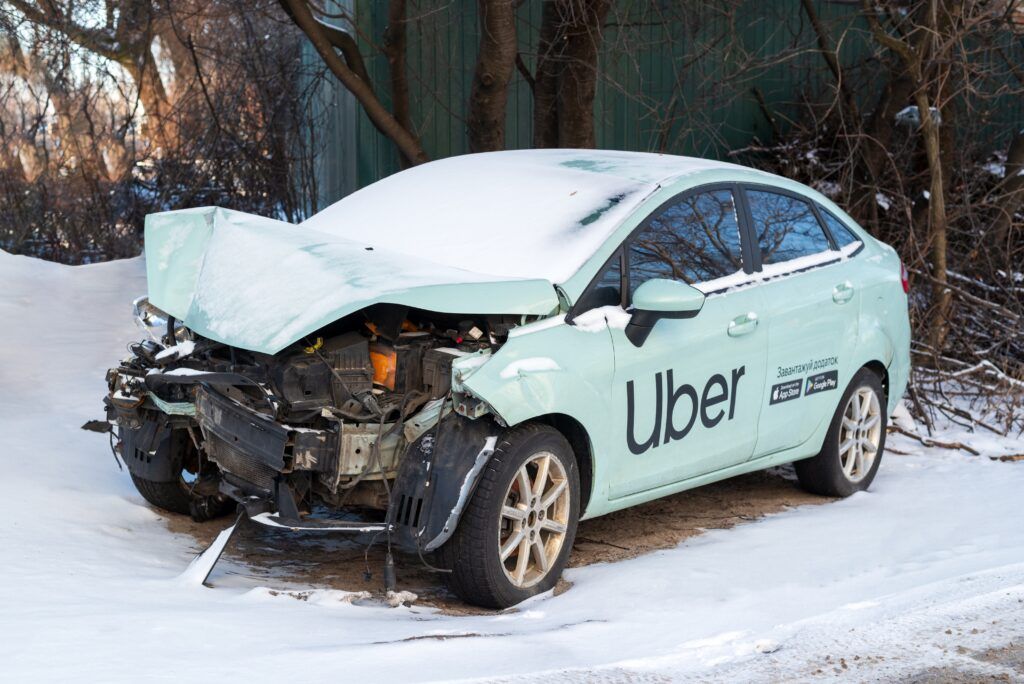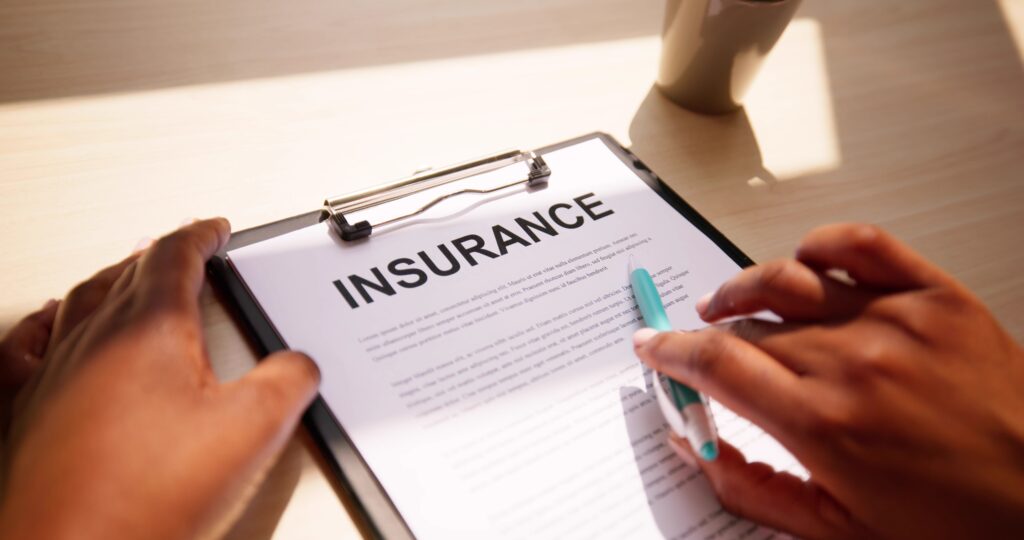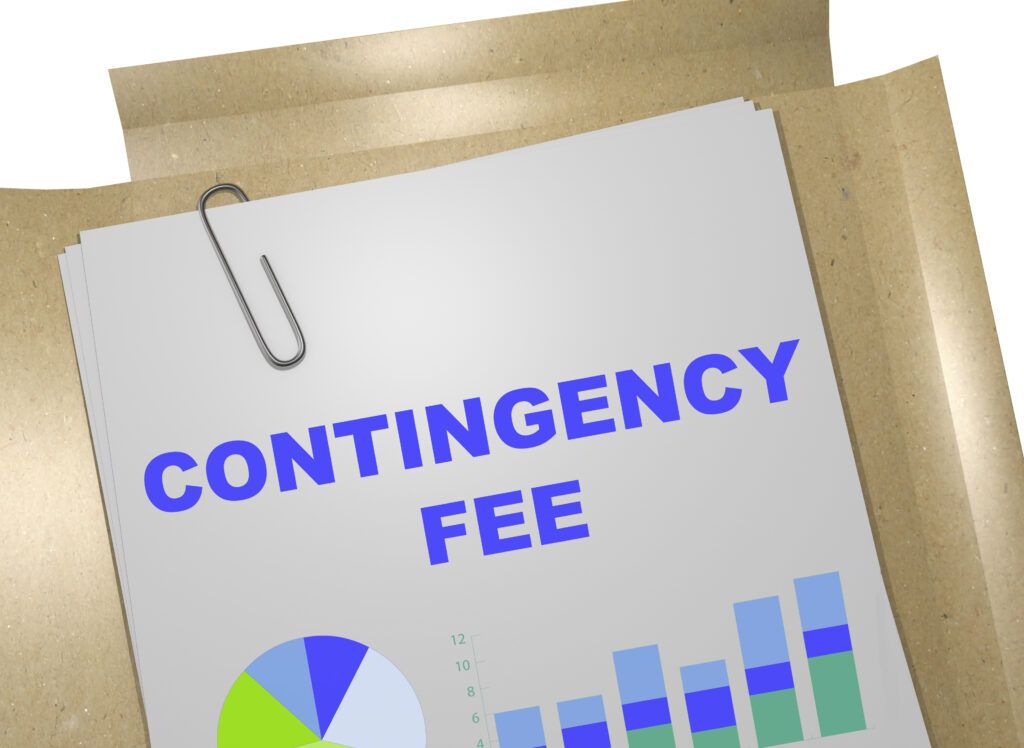Having an experienced lawyer help after a rideshare accident provides many benefits for accident victims, such as protecting legal rights, conducting case investigations, and communicating with insurance companies and their attorneys on your behalf. They are also skilled negotiators with a disposition to secure financial settlements for rideshare accident victims.
If you have suffered an injury in a rideshare accident, schedule a free consultation with an experienced Savannah rideshare accident lawyer to discuss your legal recourse. You may be entitled to recover substantial compensation for your monetary losses and pain and suffering.
How Does a Rideshare Accident Differ From Other Accidents?
Rideshare accidents differ from other motor vehicle accidents in two significant ways: liability (fault) and insurance. A rideshare accident may involve multiple liable parties; determining which insurance company damages liability percentages can be challenging.
An experienced rideshare accident attorney helps navigate your case’s complexity, which may lead to larger settlement payouts.
Who Is Liable for Damages in a Rideshare Accident?
Establishing who is at fault in a rideshare accident sometimes leads to discovering multiple negligent parties. People who can be at fault in a rideshare accident include:

- The driver
- The rideshare company
- Other drivers on the road
- Third parties (pedestrians, cyclists, vehicle manufacturers, property owners)
- Local, state, and federal government agencies may be liable for poor road conditions that cause accidents (cracks in the concrete, potholes, inadequate signage, faded road markings, lack of guardrails)
Rideshare apps require their drivers to have car accident liability insurance coverage. Sometimes, they negate liability because their drivers are independent contractors, not W-2 employees.
Rideshare Accident Third-Party Liability Insurance
In addition, rideshare companies like Uber and Lyft carry third-party liability insurance to cover personal injuries or property damage beyond what the at-fault rideshare driver’s insurance may cover.
The Uber and Lyft third-party liability insurance coverage is as follows when drivers are online and available for a trip:
- $50,000 per person for bodily injury
- $100,000 per accident for bodily injury
- $25,000 per accident for property damage
Uber and Lyft coverage for drivers en route to pick up rideshare passengers or during rides is at least $1,000,000 to cover property damage and injuries to riders and third parties involved in a rideshare accident where the driver is at fault.
Neither rideshare company is liable if the at-fault driver gets into an accident while their rideshare app is off and not in use.
Proving Negligence in a Rideshare Accident
You or your rideshare accident attorney are responsible for proving the four elements of negligence to establish liability in a rideshare accident. The four elements of negligence are duty, breach of duty, causation, and damages. In a rideshare accident that resembles the following:
- Duty of Care: The at-fault party had a legal duty of care to keep the rideshare passenger safe.
- Breach of Duty: The at-fault party breached the duty by acting negligently.
- Causation: The breach was a direct cause of the rideshare accident victim’s injuries or wrongful death.
- Damages: The rideshare accident resulted in actual damages, such as medical bills and pain and suffering.
To prove negligence, you or your rideshare accident attorney must gather and present evidence that establishes it. Evidence may include eyewitness statements, dash cam footage, vehicle maintenance records, and the rideshare driver’s history.
Invaluable Ways a Lawyer Helps After a Rideshare Accident
After an accident resulting in injuries, several steps should be taken to secure compensation for your medical expenses and other losses. Retaining a lawyer after a rideshare accident alleviates the burden of navigating those steps alone.
Advising With Understanding and Compassion
It can be overwhelming to attempt to figure out legal steps on top of being injured after an accident, especially when the incident wasn’t your fault. Experienced rideshare attorneys are well-educated in the local and state laws governing personal injury.
After assessing your case, they can provide sound advice. Because they work with accident victims daily, they speak and act with understanding and compassion.
Protecting You From Insurance Companies
Insurance companies do not want to pay rideshare accident victims. They train their claims adjusters to save as much money as possible by using tactics to deny liability, even partial liability. These tactics include, but are not limited to:

- Pretending to be a friend to you after your often traumatic experience as a means to coax anything out of you they may use against you
- Pressuring you to make a recorded statement about how you feel and your injuries immediately after the accident before the impact fully hits you
- Asking a line of intentional questions to harm your credibility
- Pressuring you to release medical records
- Advising that you do not need a lawyer
- Suggesting their in-house doctors evaluate you
- Asking for excessive documentation
- Misinterpreting insurance policies
- Offering copay settlements (only large enough to cover your insurance copays)
- Hiring private investigators to spy on you after the accident, including social media accounts, as a means of destroying your credibility
Insurance claims adjusters are notorious for delaying claims, hoping to frighten or exhaust accident victims into accepting their first lowball offer. They bank on you, getting tired of waiting and jumping through whatever hoops they place in front of you and paying you a fair settlement.
Delaying claims grants them more time to find ways to get you to make a mistake so they can dismiss liability or pay the bare minimum for their mistake.
Managing Legal Deadlines and Paperwork
Rideshare accident claims involve filling out, filing, and organizing a ton of paperwork. Lawyers confidently handle all paperwork associated with your case, including ensuring your case meets all necessary legal deadlines.
Gathering Evidence and Analyzing Data
Your rideshare accident attorney will conduct a thorough investigation to establish liability and recover compensation. A significant part of investigating your claim is gathering the evidence and analyzing the data. Examples of evidence your lawyer may collect to prove negligence include:
- Police reports
- Medical reports and bills
- Witness statements
- Photos of your injuries immediately following your accident
- Pictures of the crash scene and vehicle damage
- Dashcam footage
- Security video footage of the accident scene
- Residential surveillance footage, such as Ring door cams
After collecting all the evidence, your attorney will thoroughly analyze it by working with expert witnesses, such as medical, occupational, vocational, and accident reconstruction experts, to determine and prove liability.
Determining Liability
Your attorney may hire accident reconstruction experts to pinpoint the specific cause of the accident. This may include creating computer-generated simulations of the accident to understand and present the sequence of events.
Accident reconstruction specialists survey the accident scene and present their cases using 3D scanning, drone photography, and satellite imagery.
Evaluating Your Case Worth
Evaluating your case worth means determining all suffered financial expenses and valuing non-monetary losses, like pain and suffering. You can best help your lawyer by providing copies of all necessary documentation, such as medical bills, mental health care, vehicle repair invoices, and receipts for out-of-pocket expenses.
Negotiating With Insurers
Fighting for compensation after a rideshare accident means negotiating with insurance companies. This often involves multiple rounds of negotiations before reaching a fair settlement.
Most citizens are uncomfortable negotiating for what they’re entitled to, and insurance companies are banking on that when they send insulting low offers. Having an experienced lawyer help negotiate after a rideshare accident may lead to significantly larger payouts.
Representing You in Court
While most rideshare accident claims are settled outside of court, your attorney will represent you at trial if your case is the exception. Representation means presenting the evidence gathered in easily digestible forms, such as graphs and Venn diagrams.
Additionally, they will call expert witnesses to give testimony validating your claim and legal right to compensation for your injuries. Your attorney will also cross-examine any witnesses the defense calls to discredit you.
Work With Contingent Fee Arrangements

Rideshare accident lawyers predominantly work with contingent fee arrangements, meaning there are no upfront or out-of-pocket expenses to retain legal counsel. Your attorney only gets paid for their work if they successfully secure financial compensation for your injuries.
Contingent fee arrangements allow anyone to afford legal representation when injured due to someone else’s negligence or wrongdoing. Ask your lawyer to clarify their contingency fees during your initial consultation.
Damages a Lawyer Can Help You Recover After a Rideshare Accident
Rideshare accident victims may be eligible to recover damages sustained due to the accident. These damages include monetary losses incurred from injuries and non-monetary damages like pain and suffering.
Economic Damages
Economic or special damages are financial losses from the rideshare accident that are calculable by their paper trail of tangible receipts, invoices, and billing statements. Economic damages you may recover are as follows:
- Medical Costs: All medical bills, such as emergency services, hospitalization, surgeries, primary care visits, prescription medication, and future medical expenses.
- Rehab Costs: All rehabilitation costs, such as chiropractic care and physical, occupational, vocational, and massage therapists.
- Mental Health Costs: All mental health costs relating to the psychological damage of the accident, such as therapy bills and prescription costs.
- Lost Income: All lost income and revenue, such as earnings, salary, commissions, bonuses, promotions, health, retirement, pension, Social Security benefits, and future earnings.
- Property Damages: All property damages sustained in the accident, such as vehicle damage, cell phones, glasses, safety car seats, work laptops, fences, mailboxes, and anything else damaged or destroyed.
Most states do not have caps or limit economic damages because they’re quantifiable by their paper trail. Keep anything documenting financial loss incurred from the accident so your lawyer ensures maximum compensation with no out-of-pocket expense.
Non-Economic Damages
Non-economic or general damages are non-monetary losses suffered due to the rideshare accident. Examples of non-economic damages include:
- Physical and chronic pain
- Mental anguish and emotional distress
- Scarring and disfigurement
- Decreased quality of life
- Anxiety and depression
- Post-traumatic stress disorder (PTSD)
- Worsening of prior injuries
Non-economic damages are more challenging to prove because they are not tangible losses. Documenting them in a post-accident journal is one way to help establish them.
Keep detailed posts outlining your recollection of the accident while fresh in your mind, in addition to pain levels, sleep disturbances, inability to perform tasks, and any other discomforts relating to the accident. Some states have caps on non-economic damage payouts. Ask your lawyer about local limitations.
Wrongful Death Damages
A research study by the University of Chicago Booth School of Business recently demonstrated a three percent increase in fatalities associated with rideshare app-based services. If you and your family have experienced the unimaginable loss of a loved one due to a rideshare accident, you may be eligible to file a wrongful death claim to recover compensation. Wrongful death damages include:
- Pain and suffering of the decedent before death
- Medical expenses for any care following the decedent’s accident
- Funeral and burial costs
- Loss of loved one’s income
- Loss of a loved one’s future earnings
- Loss of a loved one’s benefits, such as health, retirement, and pension
- Loss of consortium, including companionship, love, intimacy, protection, and physical relations
Loss of a loved one’s inheritance is another wrongful death damage you may seek when the decedent passes away before collecting. To prove loss of inheritance, you must establish the decedent’s total income and expenditures over their expected lifetime and confirm you would probably have been the beneficiary of your deceased loved one’s estate.
Questions to Ask Your Rideshare Accident Lawyer
Not all lawyers are alike. Vetting the right attorney to represent your rideshare accident should include asking the right questions to determine if the firm is right for your case. Examples of questions you want the answers to include:

- “What are your contingency fees, and will they increase if my case goes to trial?”
- “How much experience do you have handling cases like mine?”
- “How often will you update me about my case?”
- “Will you answer my phone calls if I have questions about my case?”
Another valid question to ask is who will be handling your case specifically. Law firms that take on too many cases can be spread thin, delegating responsibilities to paralegals and newer attorneys who may not be best equipped to handle the complexity of your case. Know who is representing your case before you leave their office.
Schedule a Free Consultation With a Rideshare Lawyer
Rideshare accident victims should schedule a free consultation with a Savannah personal injury lawyer immediately following their medical evaluation after the accident. It’s your best defense to protect you from slimy insurance company tactics and maximize financial compensation.
